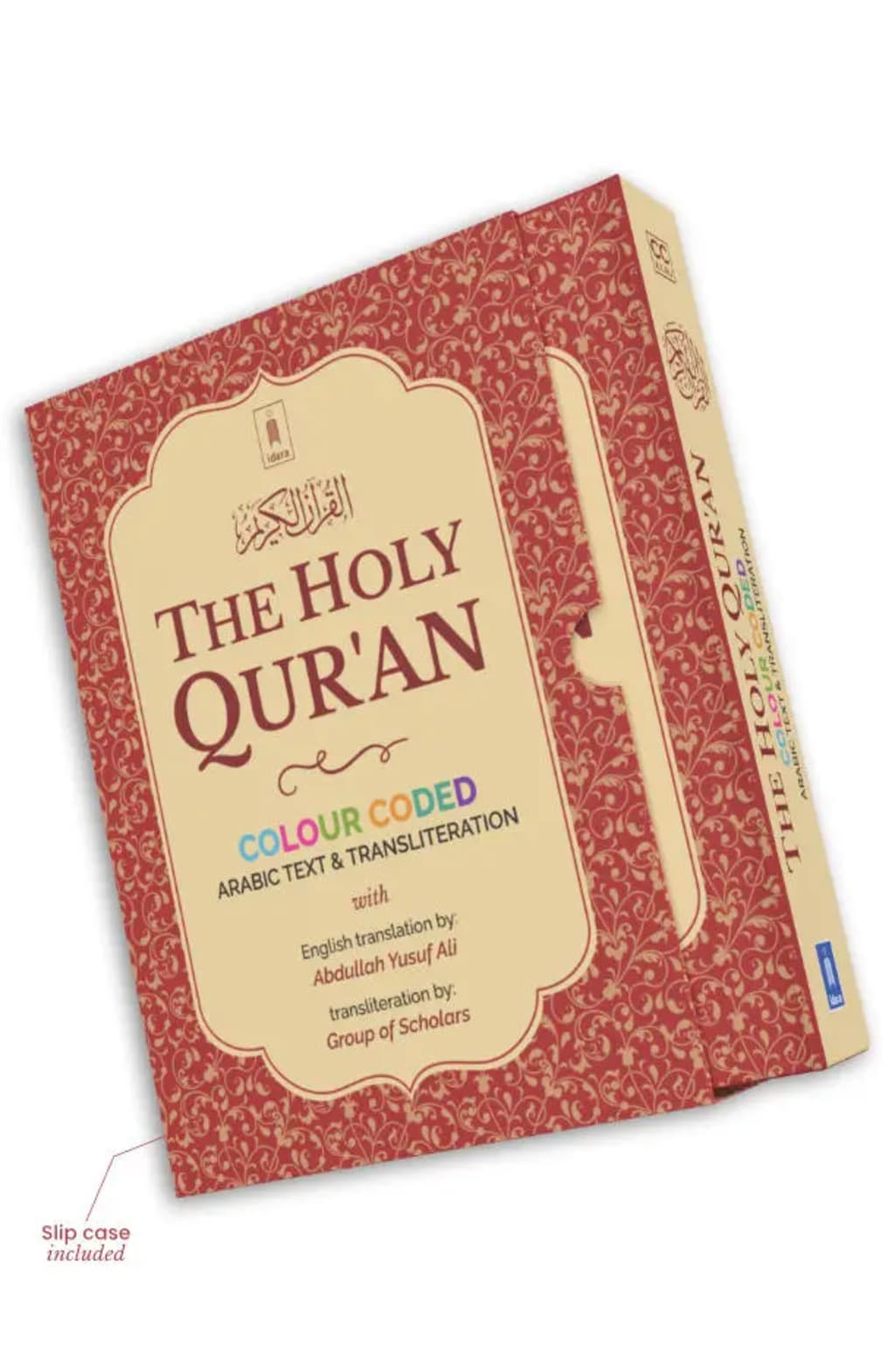
Polygamy, the practice of a man having multiple wives simultaneously, is a debated topic within Islam. The Quran offers permission with significant conditions, while Hadith emphasizes fairness and potentially discourages the practice. Understanding polygamy requires examining the Quranic verses, relevant Hadith, and contemporary interpretations.
The Quran and Polygamy:
Permission with Conditions (Surah An-Nisa 4:3): The central verse regarding polygamy is in Surah An-Nisa (4:3): “If you fear that you shall not be able to deal justly with the orphan women, then marry from the women that are lawful to you, two or three or four; but if you fear that you shall not be able to deal justly (with them), then only one, or (from among) those whom your right hands possess. That is more likely that you will not be unjust.”
This verse offers permission for polygamy with a crucial caveat: just treatment of all wives. It sets a limit of four wives and suggests monogamy if fairness is a concern.
Interpretations of the Verse:
Scholars debate the context of this verse. Some argue it was a response to the social situation in 7th century Arabia, where war left many widows and orphans in need of support. Marrying them offered economic security. Others view it as a general permission, emphasizing the importance of treating all wives equally.
Hadith and the Practice of the Prophet:
The Prophet’s Example: The Prophet Muhammad himself had multiple wives, most notably Aisha and Khadija. This is seen as a practical example of the Quranic permission. However, some scholars argue that the historical context influenced this practice.
Sahih Bukhari doesn’t have specific hadiths on polygamy, but Sahih Muslim offers insights:
Hadith on Importance of Fairness (Sahih Muslim 1468): Narrated by Abdullah ibn Abbas: “Whoever has two wives and does not treat them justly will come on the Day of Judgement dragging one side of him.” This emphasizes the difficulty of achieving fairness in a polygamous marriage.
Challenges of Polygamy:
Emotional and Financial Strain: Ensuring emotional and financial well-being for all wives and their children can be challenging.
Social Stigma: In many modern societies, polygamy carries social stigma, potentially affecting wives and children.
Modern Considerations:
Emphasis on Monogamy: Many contemporary Islamic scholars advocate for monogamy as the ideal due to the complexities of maintaining fairness.
Social and Economic Changes: The social and economic realities that may have influenced the Quranic verse have significantly changed. Financial support for widows and orphans is often provided through social structures.
Scholarly Interpretations:
Permissible but Discouraged: Some scholars, like Muhammad Abduh, view polygamy as permissible but discouraged due to the difficulty of achieving fairness.
Contextual Permission: Others, like Khaled Abou El Fadl, argue that the Quran only allowed polygamy within the specific historical context and doesn’t endorse it universally.
Conclusion:
Polygamy is a permitted practice in Islam under specific conditions, with a strong emphasis on just treatment. However, the Quran and hadiths acknowledge the difficulty of achieving fairness. Given the social and economic changes, many Muslims advocate for monogamy as the preferred marital structure.
Further Considerations:
Importance of Consulting Scholars: This is a complex topic with diverse interpretations. Consulting qualified Islamic scholars for deeper understanding and guidance based on specific situations is crucial.
Respecting Diversity of Views: Muslims hold varying opinions on polygamy. Respectful dialogue and understanding these diverse perspectives are essential.
By examining the Quran, Hadith, and scholarly interpretations, we gain a nuanced understanding of polygamy in Islam. While permitted, it comes with significant challenges, and monogamy is often seen as the ideal in today’s world.






Comments
There are no comments for this story
Be the first to respond and start the conversation.